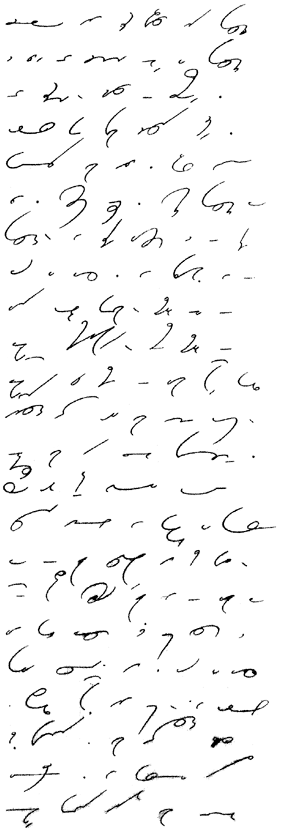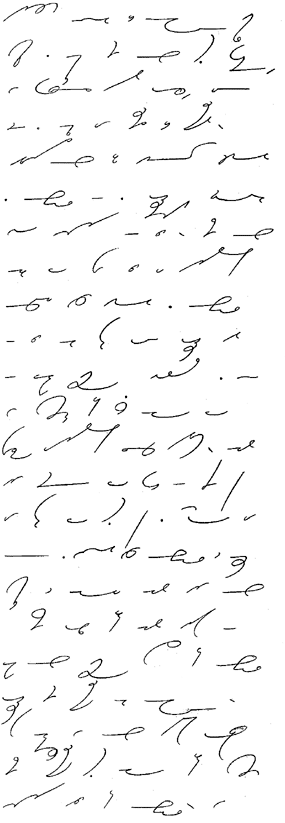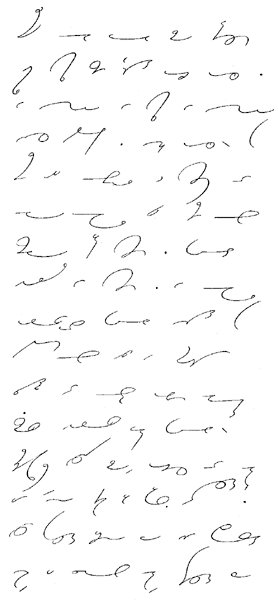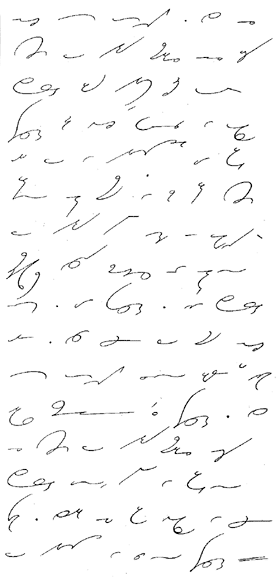





|
Gentlemen of the
Jury:
The plaintiff in this action seeks to recover from the defendant
company damages for personal injuries which are alleged to
have been sustained on account of the negligence of said company.
The plaintiff claims that about eleven o’clock on the
night of August 14, 1911, he was motoring a car of the defendant,
and that because of defective brakes on the car, which would
not take hold of the wheels, he was unable to stop or hold
the car when descending a certain grade, and in consequence
thereof his car collided with another car and he was injured.
The plaintiff’s declaration consists of two counts,
one of which avers that the said defendant negligently and
carelessly suffered and permitted the said plaintiff to use
and operate a certain car with an improper, unsuitable and
dangerous brake-shoe, all of which was well known to the said
defendant but unknown to the said plaintiff, and by reason
of the said negligence of the said defendant in permitting
the use of said car with the defective brake-shoe as aforesaid
at the time and place aforesaid, the said car on which the
said plaintiff was a motorman as aforesaid ran into and collided
with another car operated and controlled by the said defendant,
whereby the said plaintiff was greatly bruised, cut, mangled,
broken, injured, and distressed.
The second count is similar to the first, except that the
word “brakes” is used in the second county instead
of “brake-shoe” in the first count.
So that the negligence averred, and relied upon, by the plaintiff
is, that the defendant suffered and permitted the plaintiff
to use and operate the car with a defective, unsafe, and dangerous
brake-shoe, or brakes.
The gist of this action is negligence, which is the want of
ordinary care, and the burden of proving the negligence of
the defendant rests upon the plaintiff. If there was no negligence
on the part of the company, your verdict should be for the
defendant. Even if there was negligence on the part of the
defendant, yet if the negligence of the plaintiff contributed
proximately to the accident at the time thereof, the plaintiff
cannot recover. In such case the plaintiff weald himself be
guilty of contributory negligence, and where there is such
negligence the law will not attempt to measure the proportion
of blame or negligence to be attributed to each party.
Contributory negligence has been defined to be the negligence
of the plaintiff, or of the person on account of whose injury
the action is brought, amounting to a want of ordinary care,
and approximately contributing to the injury.
The relation existing between the defendant and the plaintiff
at the time of the accident was that of master and servant,
and the primary duty imposed upon the defendant towards the
plaintiff in the course of his employment by reason of this
relation was to furnish him reasonably safe tools, machinery
and appliances with which to work.
The tools or machinery used need not be of the safest, best,
nor of the most improved kind. It is sufficient if they are
reasonably safe, and adapted to the purpose of the employment.
If the master fails to observe this rule of law, and injury
results to his servant from such failure, he becomes liable
therefor on the ground of negligence.
In the performance of this duty the master must use all reasonable
care and prudence for the safety of the servant, having regard
to the character of the work to be performed.
Such care must be in proportion to the danger of the employment.
The servant has the right to rely on the master for the performance
of this duty without inquiry on his part.
The servant assumes no risk whatever as to such primary duty
at the time he enters upon his employment; but he does assume
all the ordinary risks incident to the employment; such as
are patent, seen and known, or which may be seen and known
by the ordinary use of his senses.
And he is required to exercise due care and caution in the
course of his employment to avoid dangers and injuries; for
the master, having performed the primary duties required of
him, is not an insurer of the safety of his servants.
It is the duty of the master also to maintain said tools and
machinery in a reasonably safe condition so long as they are
continued in use.
If the master knows, or by the use of due diligence might
know that the tools and machinery in use in his business are
not reasonably safe, it is negligence on his part to fail
to remedy and correct the defects of which he has knowledge,
or by the exercise of due diligence he might discover.
Notice to the foreman or person in general charge of the business,
or having charge and control of the men and the cars, that
the machinery is unsafe and dangerous, is, in law, notice
to the master; and after the receipt of such notice it would
be negligence on the part of the master to fail to make such
machinery reasonably safe for the servant in his employment.
But in such case the master would not be liable if the servant
having knowledge of such defect continued to use such machinery.
The servant must always exercise such care and caution to
avoid danger as the circumstances reasonably require, and
the greater the danger the greater the care, diligence and
caution required.
But even though machinery is defective in the knowledge of
the employee, yet if the master has knowledge of such defect
and promises to remedy the defect, and the employee, relying
on that promise, continues by direction of the master to use
it for a reasonable time, he does so at the master's risk,
inasmuch as he has a right to rely on such promise.
If you should believe from the evidence that the defendant
exercised reasonable care in the inspection of the trolley
car which the plaintiff was operating at the time of the accident,
and that the brakes of said car, or other appliances complained
of, when last inspected before the accident, were in reasonably
good working condition and that any defect or disorder, if
there was any, in any of said appliances was not discovered
sufficiently long before the accident so as to reasonably
permit the repair thereof or the discontinuance of the operation
of such car, in such event the existence of such defect or
disorder would not constitute negligence on the part of the
defendant.
If you should believe from the evidence that the defendant
exercised reasonable care in the inspection of the car in
question and of the brakes and other appliances thereon, and
that the same were found in reasonably good working condition
when the car was turned over to the plaintiff to operate as
a motorman, shortly before the accident, and that any defect
or disorder, if there was any, in said appliances, occurred
during the operation of the car by the plaintiff, and that
there was no opportunity to repair the same or discontinue
the use of the car before the accident—
|





